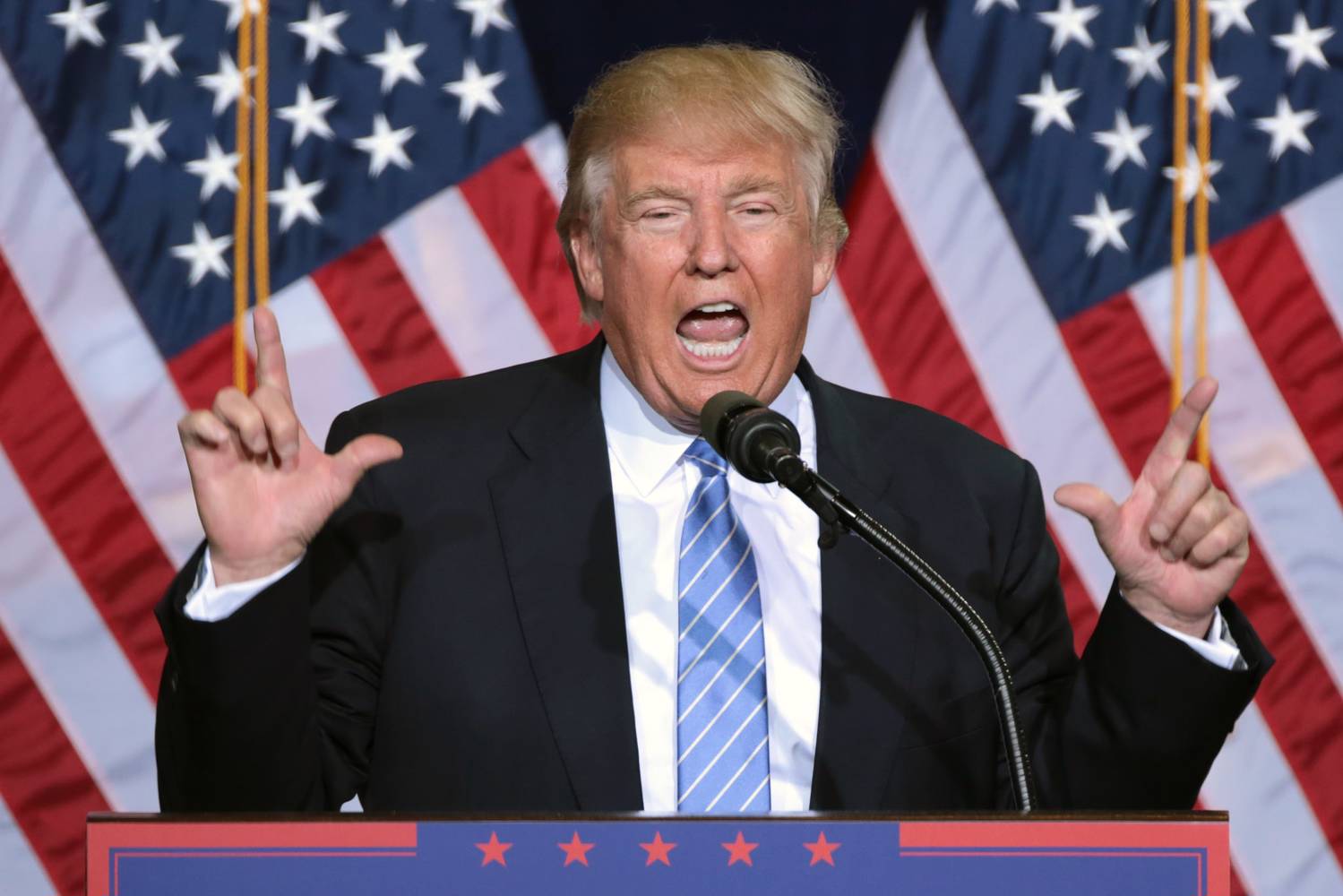
Donald Trump is now in office as the 45th President of the United States - this despite what many commentators describe as his misogyny, his racism, his crudity, his tendency to break every rule of political decorum, and against the expectations of nearly every commentator. How did this happen? What is the secret of Trump’s success?
Welcome to a breakfast seminar starting at 09:00. A light breakfast will be served from 08:30.
Introductions by:
- Inger Skjelsbæk, University of Oslo & PRIO
- Øyunn Sofie Fencl, Students Without Borders (Chair)
Main speaker:
- Professor Stephen Reicher, University of St Andrews
Comments by:
- Professor Scott Gates, University of Oslo & PRIO
This seminar is the first in a series - PSYOPS: The Psychology of Political Struggl e - organized jointly by the Peace Research Institute Oslo (PRIO), Department of Psychology, University of Oslo & Psychology Students Without Borders (PUG).
Professor Reicher's talk
In this talk, Professor Stephen Reicher outlines a new psychology which treats leadership in terms of the relationship between leaders and followers within a social group and which shows how leadership effectiveness is a process of skilled social identity management. From this perspective, Reicher discusses how different forms of political authority (democratic vs. autocratic) map on to the different relations between leaders and group identities. He then looks in detail at the success of Donald Trump as an example both of the skills of leadership and also of the conditions under which leadership undermines the space for political debate and political opposition.
Donald Trump is now in office as the 45th President of the United States - this despite his misogyny, his racism, his crudity, his tendency to break every rule of political decorum, and against the expectations of nearly every commentator. How did this happen? What is the secret of Trump’s success?
Many commentators put this down to the triumph of irrationality - either the irrationality of our ‘post truth’ age or the irrationality of Trump’s supporters. They are held to be uneducated, racist and sexist; the ‘deplorables’. Such ascriptions are not only dubious empirically (polls show Trump supporters to be well aware of his personal deficiencies and to vote for him despite not because of them). As Hilary Clinton discovered to her cost, they may actually reinforce the resentments which underlie Trump’s appeal. So, it is true that Trump supporters are mainly white and that they live in areas of "long simmering economic dysfunctions” - even if they themselves are not poor. But what marks them out even more clearly is their lack of trust in politics, politicians and political institutions. If people feel distanced from government and that the government does not represent them, there is good reason to conclude that this is rooted in their actual experience.
Trump’s accomplishment has been to take these inchoate feelings of decline and marginalization and to provide a perspective that not only made sense of them ( a people beset by external and internal enemies) but provided a solution. In so doing, he acknowledged the real problems of his audience (while others ignored them or even contributed to them); he understood them and offered to enrol them in the process of resolving those problems.
What is more, his rallies were skilfully choreographed as pieces of theatre in which the audience overcomes and expels its enemies, thereby rendering itself great once more. But Trump also did one more thing. For his narrative was not only about the world and the place of his audience within it. It was also about himself, about his own place in the world, and about his relationship to the audience in achieving their joint goals.





